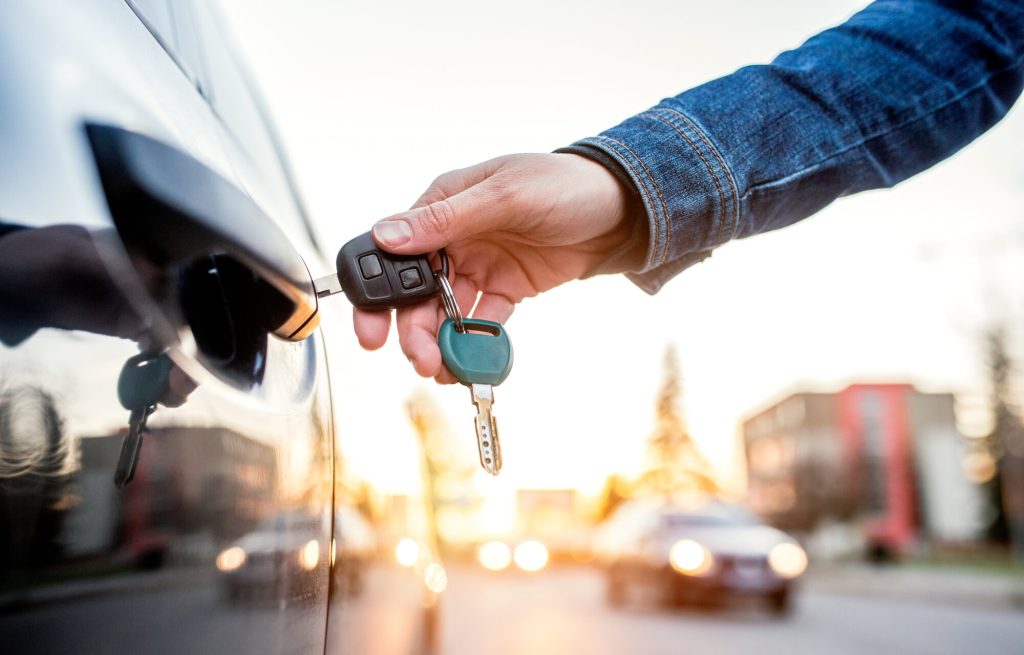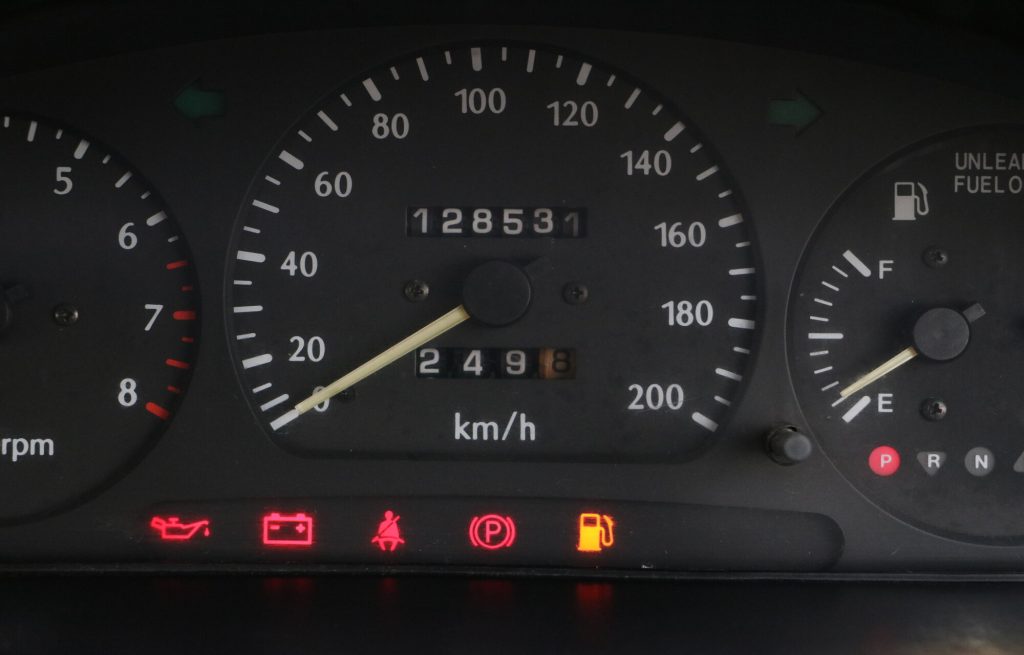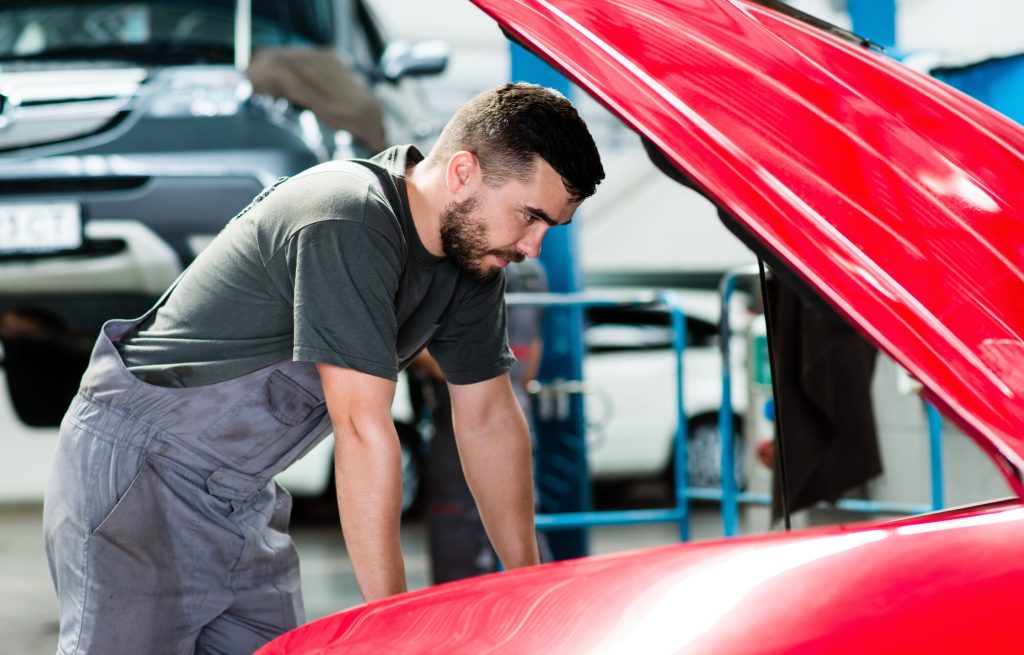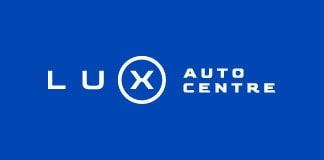Should You Lease or Buy Your Next Car? Weighing the Pros and Cons
Posted Saturday, Apr 22, 2023
If you're in the market for a new car, you've probably already asked yourself: should I buy or lease? That's why we're here to help! We'll go over the advantages and disadvantages of both options so you can make the right decision for your needs.
Differences Between Leasing and Buying
The main difference between buying and leasing is the way in which you obtain the car and the ownership rights that come with it.
When you buy a car, it is yours and you have full ownership rights. You can customize it to your liking and drive it as much as you want. However, you are responsible for all maintenance and repair costs once the warranty expires.
When you lease a car, you lease it for a predetermined period, usually 2 to 3 years. You will make monthly payments during the lease period, and you will have to return the car to the dealer at the end of the lease. While the car is in your possession, you cannot make any modifications to it, as the car is not truly yours. In addition, there are mileage restrictions and you may be charged for excess mileage at the end of the lease period.
Another important difference between buying and leasing is the way in which sales tax is calculated. When you buy a car, you pay sales tax on the full purchase price of the car. When you lease a car, you only pay sales tax on the monthly lease payments.

Ready to make a decision on whether to buy or lease a car? Let's dive into the pros and cons of each option so you can choose the one that's right for you.
Pros of Leasing a Car:
Lower Monthly Payments: Monthly lease payments are usually lower than loan payments when buying a car. This is an excellent option if you want to drive a high-quality car on a tight budget.
Lower Maintenance Costs: Leased vehicles are covered by a warranty for the entire lease term, so the lessee does not have to worry about major repair costs. In addition, routine maintenance costs, such as oil changes and tire rotations, are usually covered by the lease contract.
Access to the Latest Technology: Because leases are typically shorter than the life of a car, leasing allows you to upgrade to a new car with the latest technology and safety features every few years.
Sales Tax Savings: Sales tax is calculated based on the monthly lease payment rather than the total purchase price of the vehicle. This can result in lower upfront costs when leasing a car.
Cons of Leasing a Car:

Sing and symbol on car dashboard
Mileage Restrictions: Lease agreements often include mileage restrictions that limit how much you can drive the car during the lease term. If you exceed the mileage limit, you will be charged for each additional mile.
No Ownership Rights: When you lease a car, you do not acquire ownership of the car. Because of this, you cannot make any alterations, such as changing the color or installing extra features.
Additional Fees: You may have to pay additional costs, such as an early cancellation fee, extra mileage costs, or a security deposit.
No Future Value: You will not be able to profit in the future from the car, as you will not be able to sell or trade it in when you want to change vehicles.
Pros of Buying a Car:
Ownership: When you buy a car, you own it outright and have complete control over the vehicle. That means you can modify it to your liking and needs.
No Mileage Restrictions: Unlike lease agreements, there are no mileage restrictions when you own a car. You can drive it as much as you want without worrying about any additional fees.
No Additional Fees: When you buy a car, you only pay for the vehicle and any financing costs associated with it. There are no additional fees such as security deposits or early termination fees.
Asset: Once you buy your car, you start building equity. This means that you have an asset to sell or trade in when you're ready to upgrade to a new car.
Cons of Buying a Car:

Higher Upfront Costs: When buying a car, you must make a significant investment, whether you pay for it in full or finance it with a loan.
Higher Monthly Payments: Loan payments are usually higher than leasing payments, so if you paid for it with a loan, you will have to make higher monthly payments.
Maintenance and Repair Costs: Once the warranty expires, you are responsible for all maintenance and repair costs your vehicle may need, whether due to an accident or damage caused by wear and tear.
To sum it up:
| Pros | Cons | |
| Leasing |
|
|
| Buying |
|
|
There is no one-size-fits-all answer when it comes to buying or leasing a car. Don’t rush into any decision before first considering your budget and unique needs. Shop around and negotiate the best possible deal. If buying a car is the right choice for you, we invite you to browse our inventory. With a variety of vehicles to choose from, we're confident that you'll find the perfect match for your needs and lifestyle.
